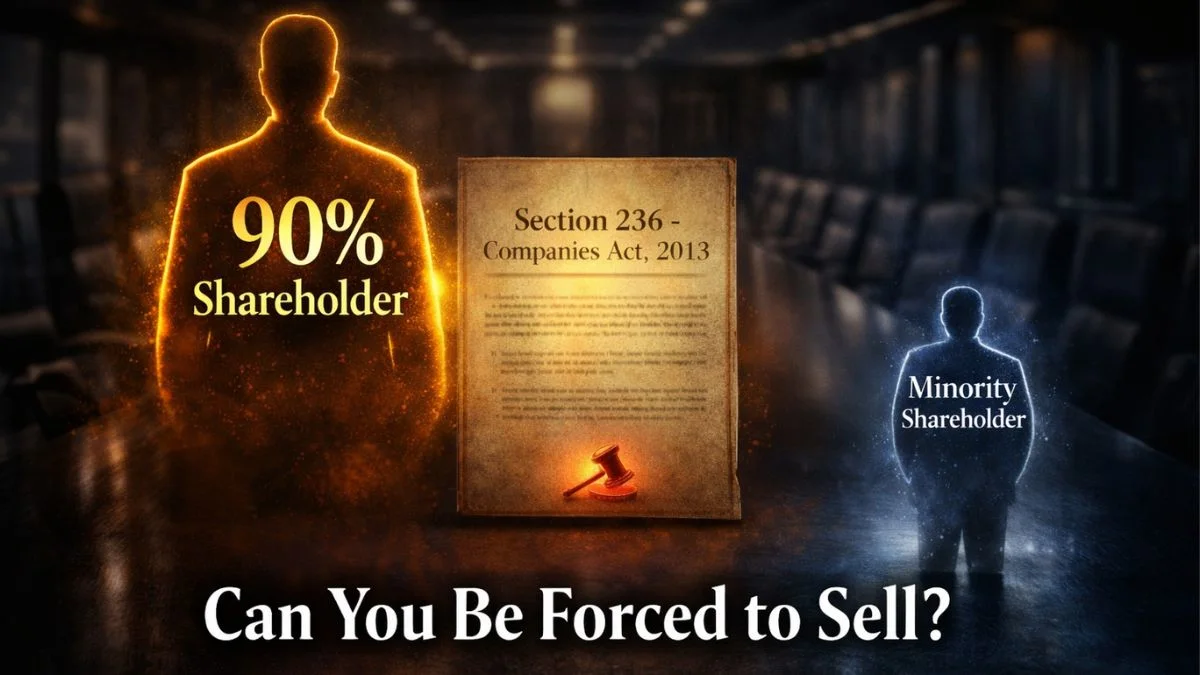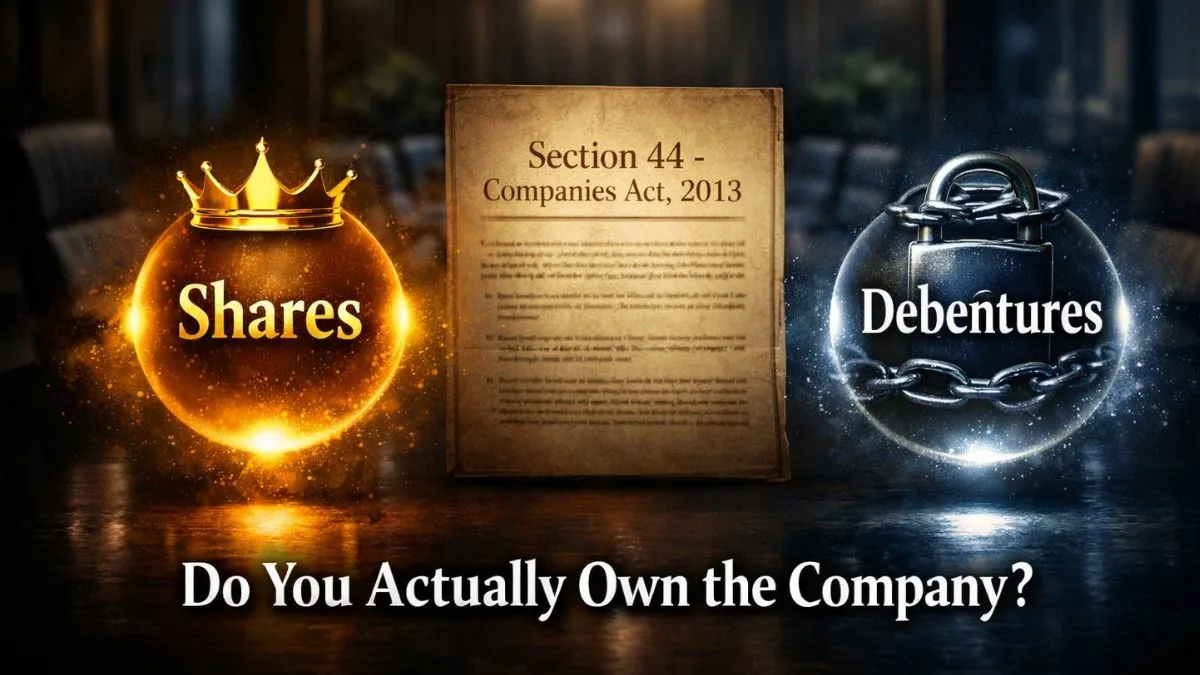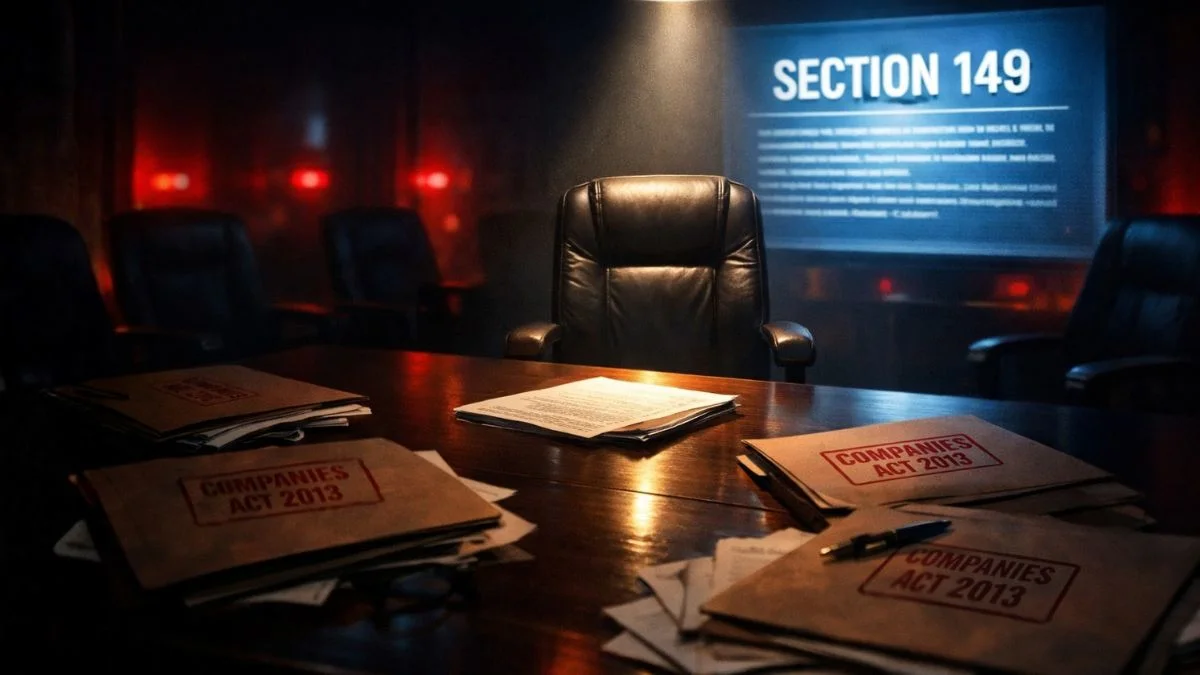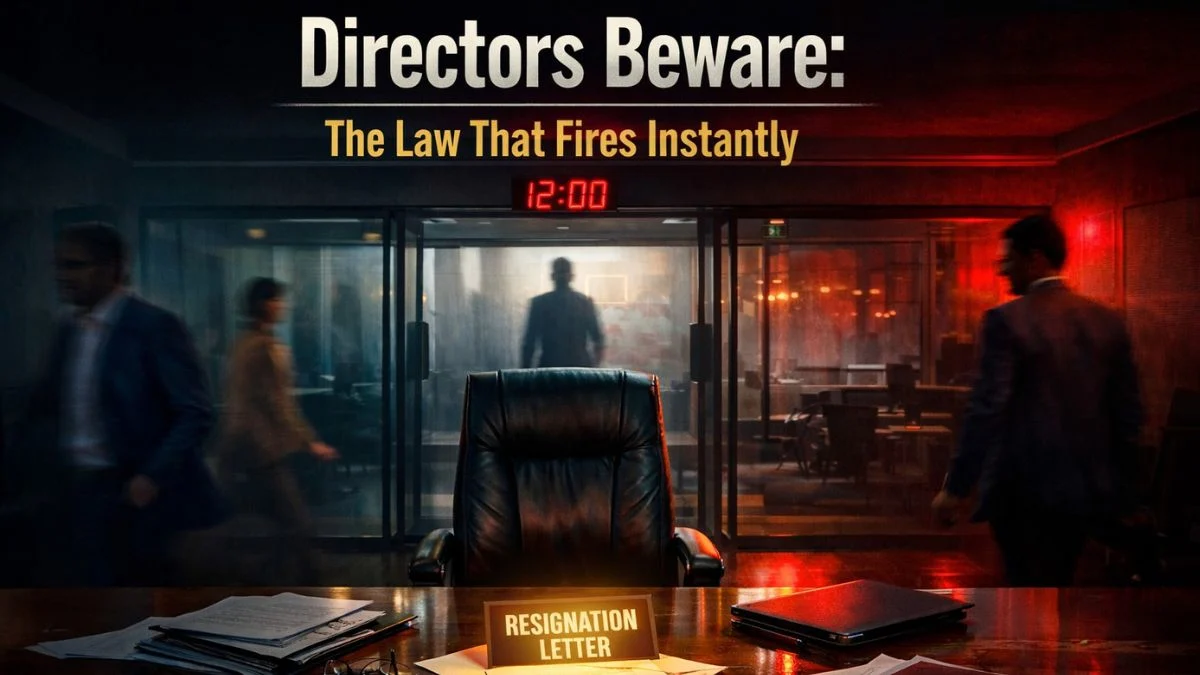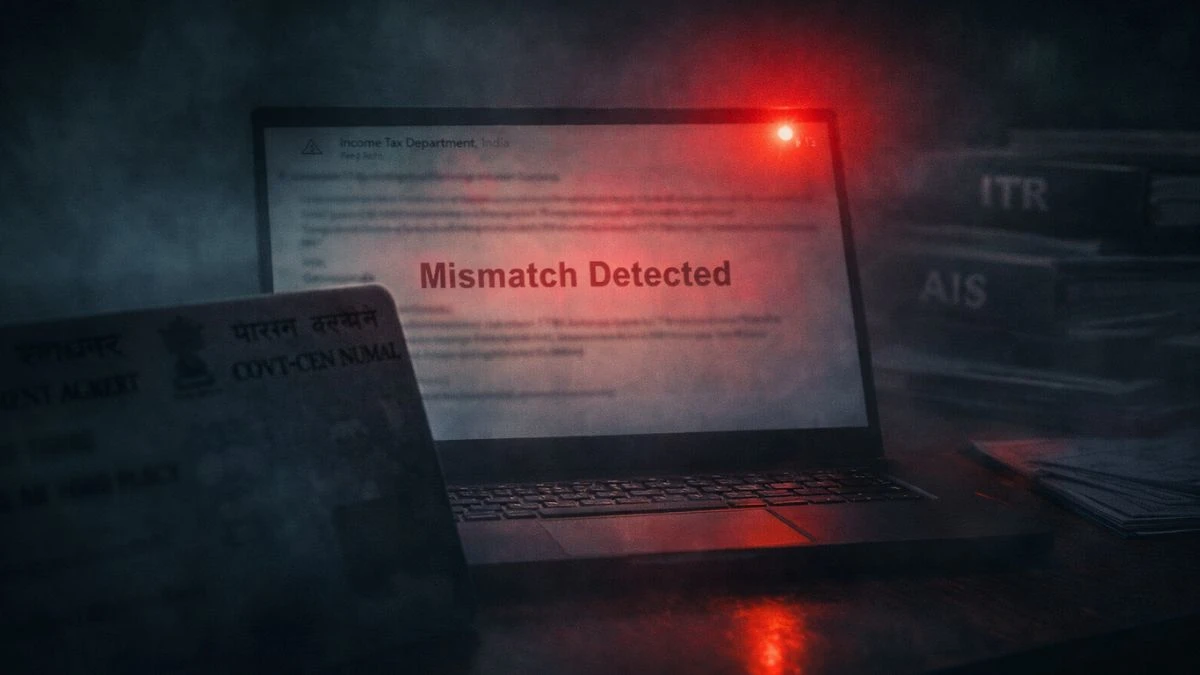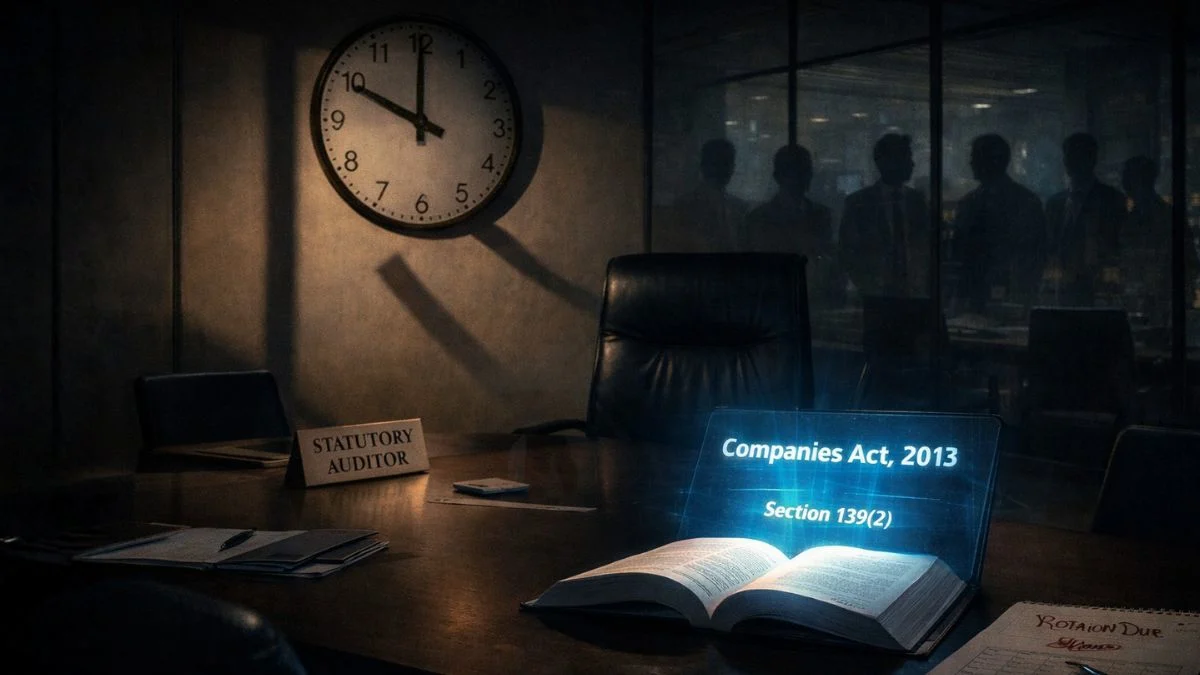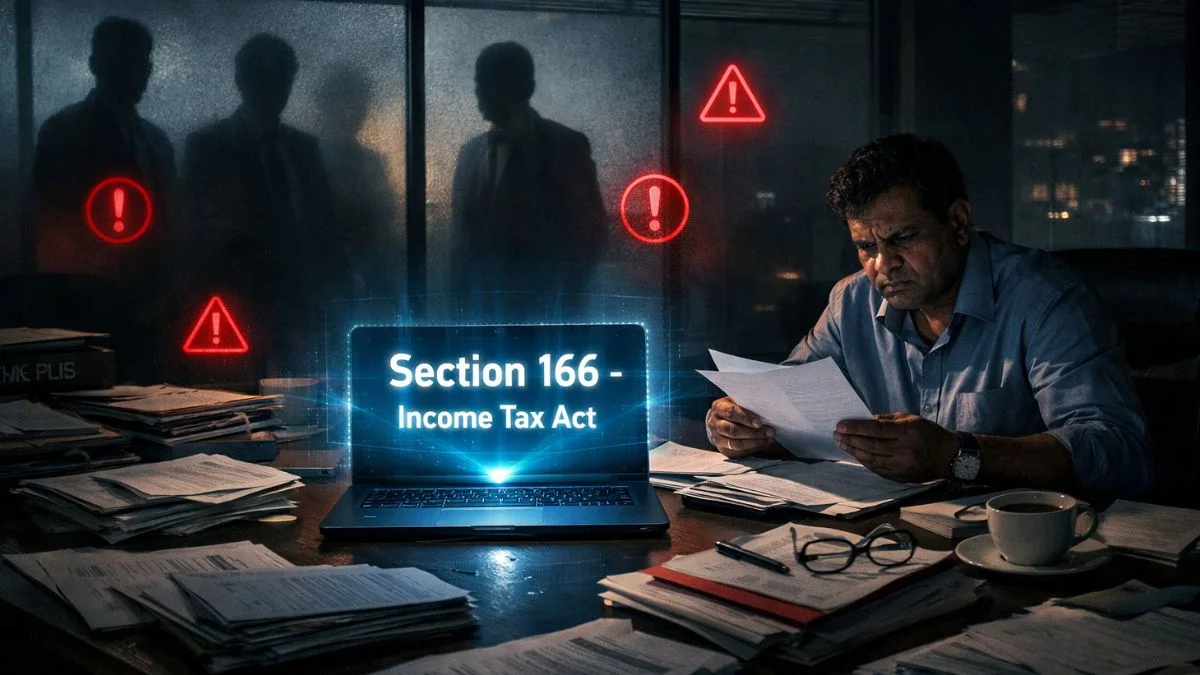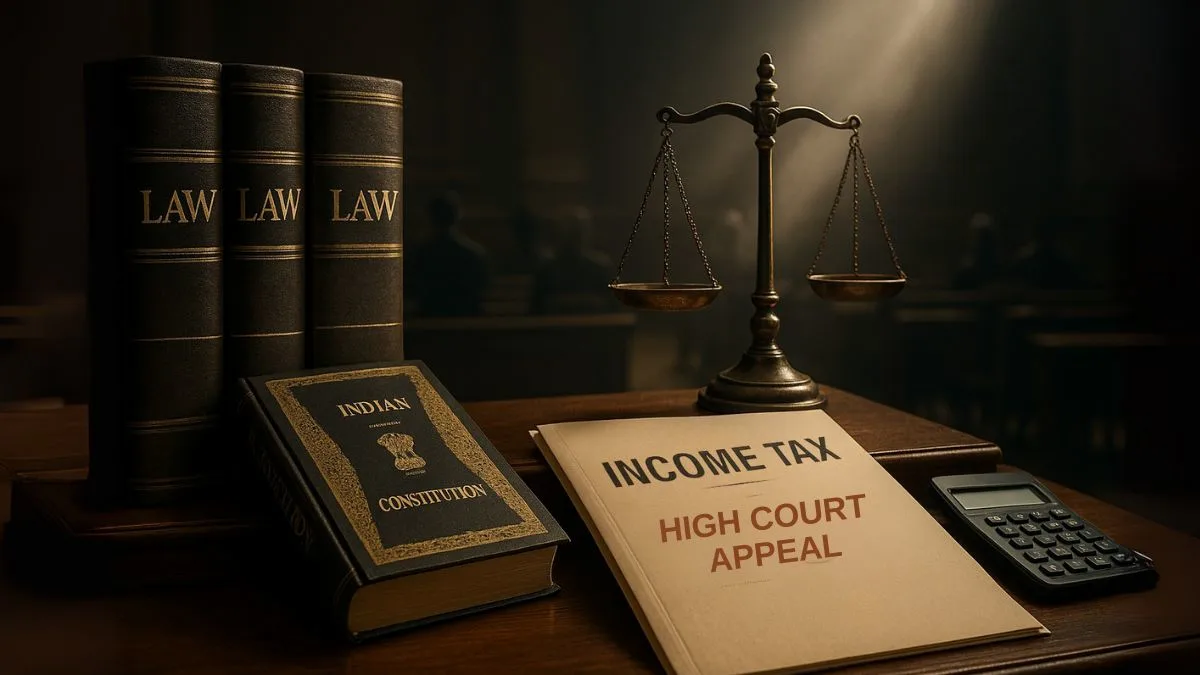
Disputes in taxation are common, given the complexity of laws and the huge financial implications involved. After an order is passed by the Income Tax Appellate Tribunal (ITAT), many taxpayers still feel dissatisfied and believe there are substantial legal questions to be addressed. For such cases, the Income Tax Act, 1961 provides a further remedy through Section 260A.
This provision allows taxpayers, as well as the Revenue (Income Tax Department), to file an appeal to the High Court. In simple words, Section 260A of Income Tax Act provides for an appeal against an order passed by an Appellate Tribunal. This ensures checks and balances in the tax administration system and helps settle important questions of law.
What is Section 260A of Income Tax Act?
Section 260A deals with appeals to the High Court against orders passed by the Appellate Tribunal. The law states that an appeal shall lie to the High Court from every order passed in appeal by the Appellate Tribunal if the case involves a substantial question of law. This means not every order can be challenged—only those raising significant legal issues qualify.
The purpose of Section 260A is to ensure that critical questions of interpretation or application of law are reviewed by a higher judicial authority, thereby promoting consistency and justice.
Who Can File an Appeal Under Section 260A?
Both parties in dispute have the right to appeal:
- Assessee (Taxpayer): If the taxpayer feels that ITAT’s decision is unjust or involves a wrong interpretation of law.
- Revenue Department: If the Income Tax Department believes the ITAT’s order is incorrect or contrary to the provisions of the Act.
Thus, Section 260A works as a two-way street, empowering both the taxpayer and the tax authorities.
Conditions for Filing an Appeal to the High Court
Not every ITAT order can be appealed. For an appeal to be admitted under Section 260A:
- Substantial Question of Law: The appeal must involve a genuine legal question, not just a matter of facts.
- Formulated by the High Court: The High Court itself must frame the substantial question of law while admitting the appeal.
- Time Limit: The appeal must be filed within 120 days from the date of receipt of ITAT’s order.
- Court Fees: A prescribed fee is payable at the time of filing the appeal.
This ensures that only serious legal disputes reach the High Court and the judicial system is not burdened with routine factual disagreements.
Procedure of Appeal Under Section 260A
Here’s how the process works step by step:
- Filing of Appeal: The appellant (taxpayer or Revenue) files an appeal before the High Court within 120 days.
- Admissibility Check: The High Court examines whether the case involves a substantial question of law.
- Formulation of Question: If satisfied, the High Court frames the legal question(s) for consideration.
- Hearing: Both parties present their arguments.
- Judgment: The High Court delivers its decision, which may confirm, modify, or overturn the ITAT’s order.
Importance of “Substantial Question of Law”
The heart of Section 260A lies in the phrase “an appeal shall lie to the High Court from every order passed in appeal by the Appellate Tribunal, if it involves a substantial question of law.”
This means factual disputes—like the correctness of accounting entries or valuation issues—cannot be raised. Instead, only issues where interpretation of law is involved, such as:
- Does a particular income qualify as capital gains or business income?
- How should a certain exemption be interpreted?
- Is a particular transaction covered under anti-avoidance provisions?
By filtering appeals this way, Section 260A ensures that the High Courts focus on refining the interpretation of tax laws.
Example of Appeal Under Section 260A
Suppose a taxpayer receives an ITAT ruling that disallows a deduction under Section 80-IA, interpreting it in a restrictive manner. The taxpayer believes ITAT misapplied the law. In such a case, the taxpayer can invoke Section 260A and approach the High Court, arguing that the matter raises a substantial question of law on the interpretation of Section 80-IA.
If the High Court agrees that the issue is legal in nature and impacts multiple taxpayers, it will admit the appeal and hear the matter.
Benefits of Section 260A for Taxpayers
- Higher Judicial Review: Provides a chance to get ITAT decisions reviewed by the High Court.
- Legal Clarity: Ensures consistency in interpretation of law.
- Fairness: Prevents arbitrary or incorrect application of legal provisions.
Revenue’s Perspective Under Section 260A
The Revenue also frequently uses this section to challenge ITAT orders that favor taxpayers. For instance, if ITAT exempts certain income which the Revenue believes is taxable, the Department can appeal under Section 260A. This protects the government’s revenue interests.
Challenges in Section 260A Appeals
- Time-Consuming: High Court cases can take years to conclude.
- Costly Process: Legal fees and court costs can be significant.
- Strict Timelines: Delay in filing appeals beyond 120 days often leads to dismissal unless sufficient cause is shown.
- Burden of Proof: The appellant must demonstrate that a “substantial question of law” exists, which is not always easy.
Judicial Interpretations of Section 260A
Over the years, courts have clarified how Section 260A should be applied:
- Merely disagreeing with ITAT’s factual findings is not enough.
- Questions of law must have wider significance and not be limited to the individual case.
- Appeals filed beyond 120 days without valid justification are generally dismissed.
These rulings reinforce that Section 260A is a remedy of law, not of facts.
Why Section 260A is Crucial for Taxpayers
For large corporations and even individual taxpayers, tax disputes can involve crores of rupees. Section 260A of Income Tax Act gives them an opportunity to take their case to the High Court when important legal principles are at stake. Without this provision, many taxpayers would be forced to accept ITAT rulings even if they involved errors in law.
Conclusion
In short, Section 260A of Income Tax Act plays a vital role in India’s tax dispute resolution system. It ensures that an appeal shall lie to the High Court from every order passed in appeal by the Appellate Tribunal whenever there is a substantial question of law. By doing so, it upholds fairness, consistency, and legal clarity in taxation.
👉 If you are stuck with an unfavorable ITAT order and wondering whether your case qualifies for an appeal under Section 260A, our experts at Callmyca.com can guide you with the right strategy. Don’t risk your rights—get professional help today!

